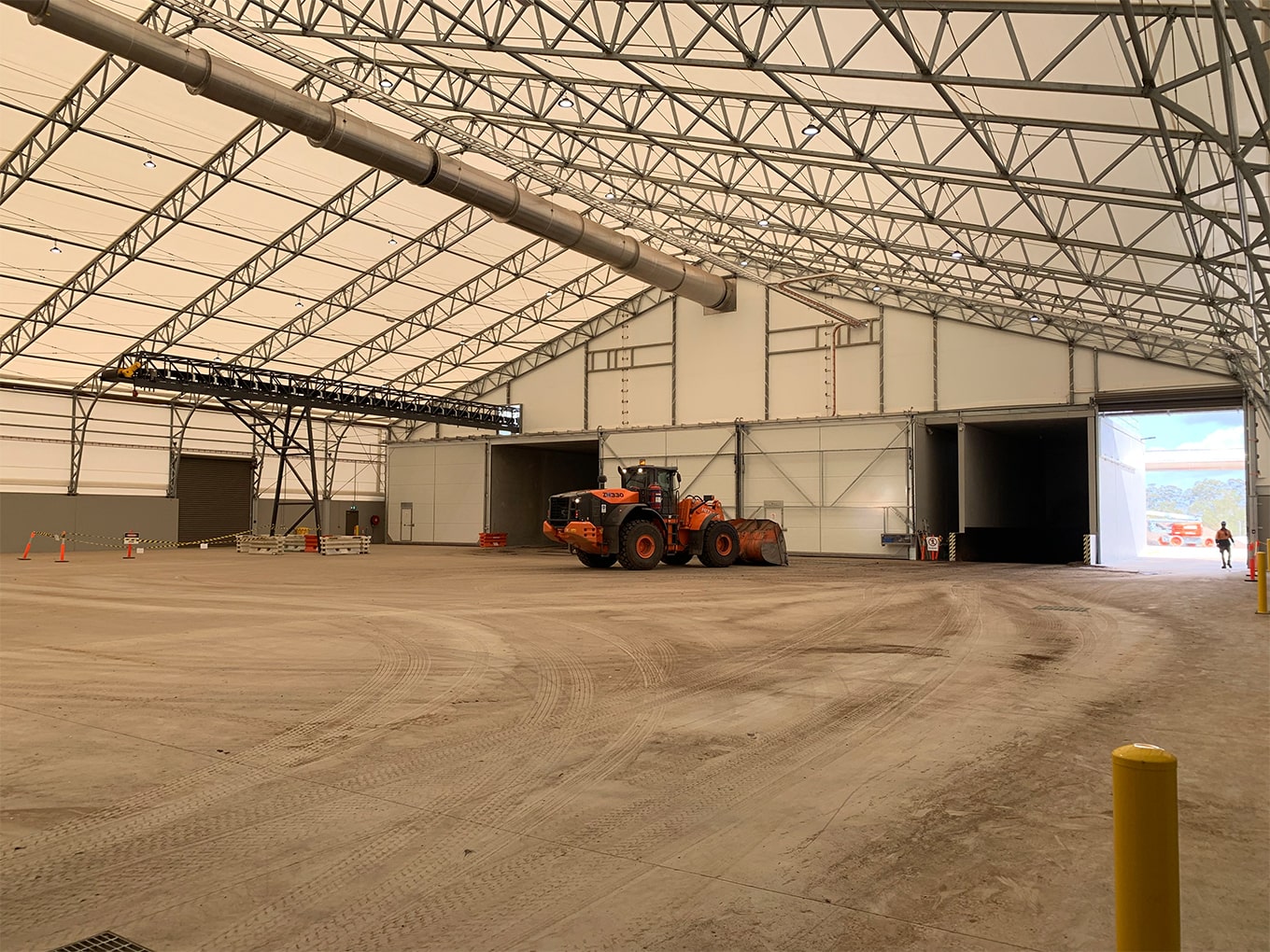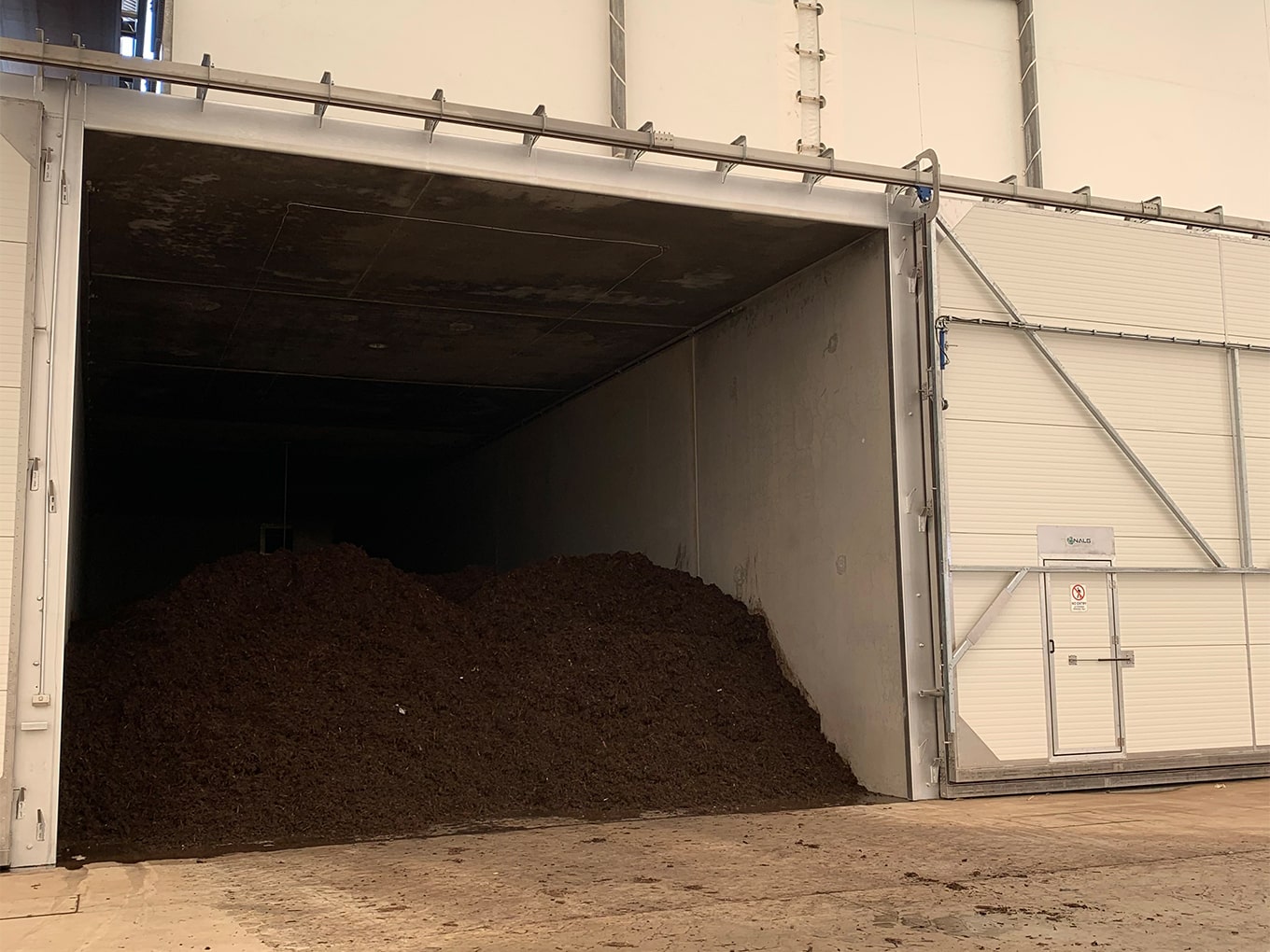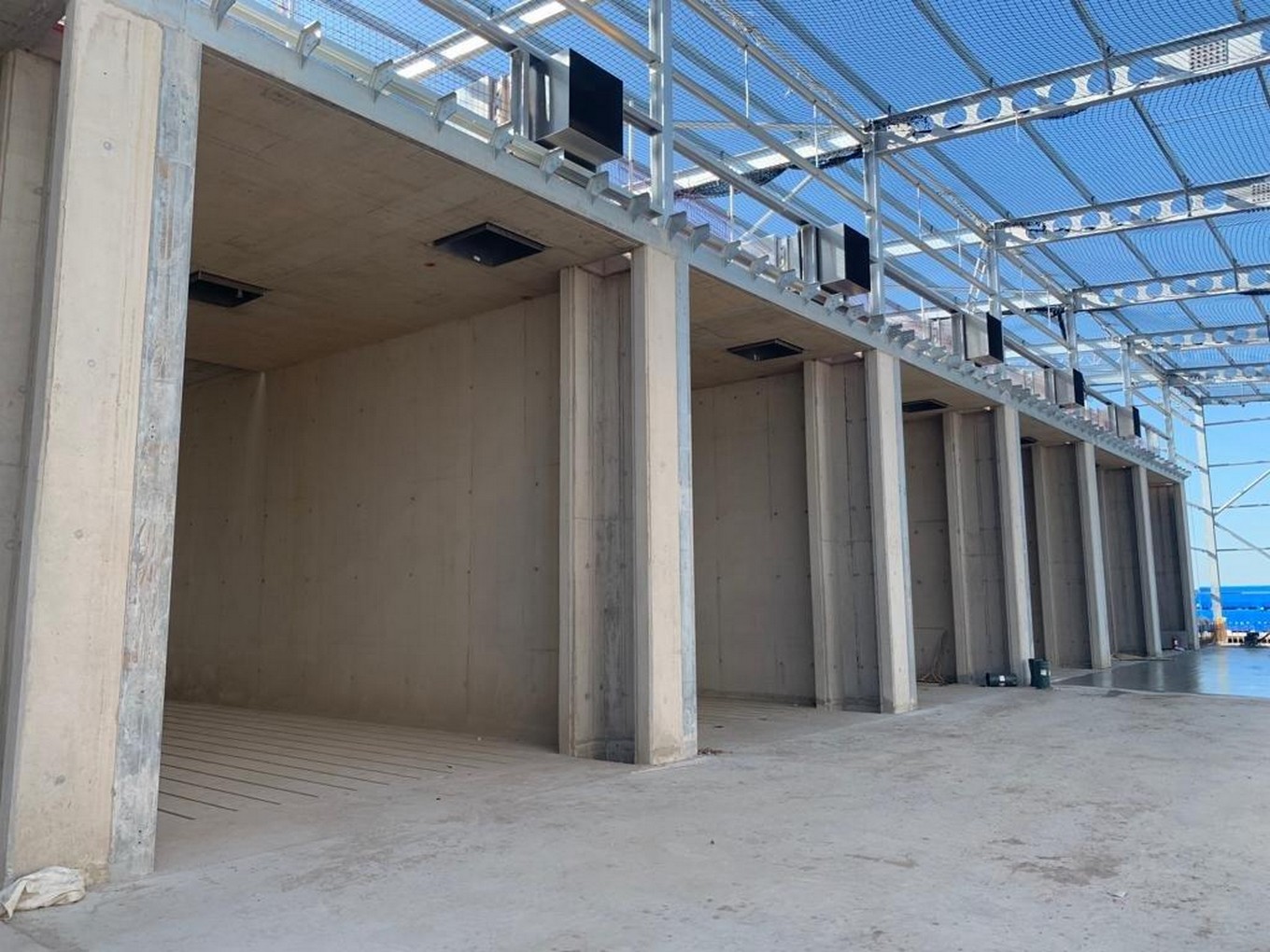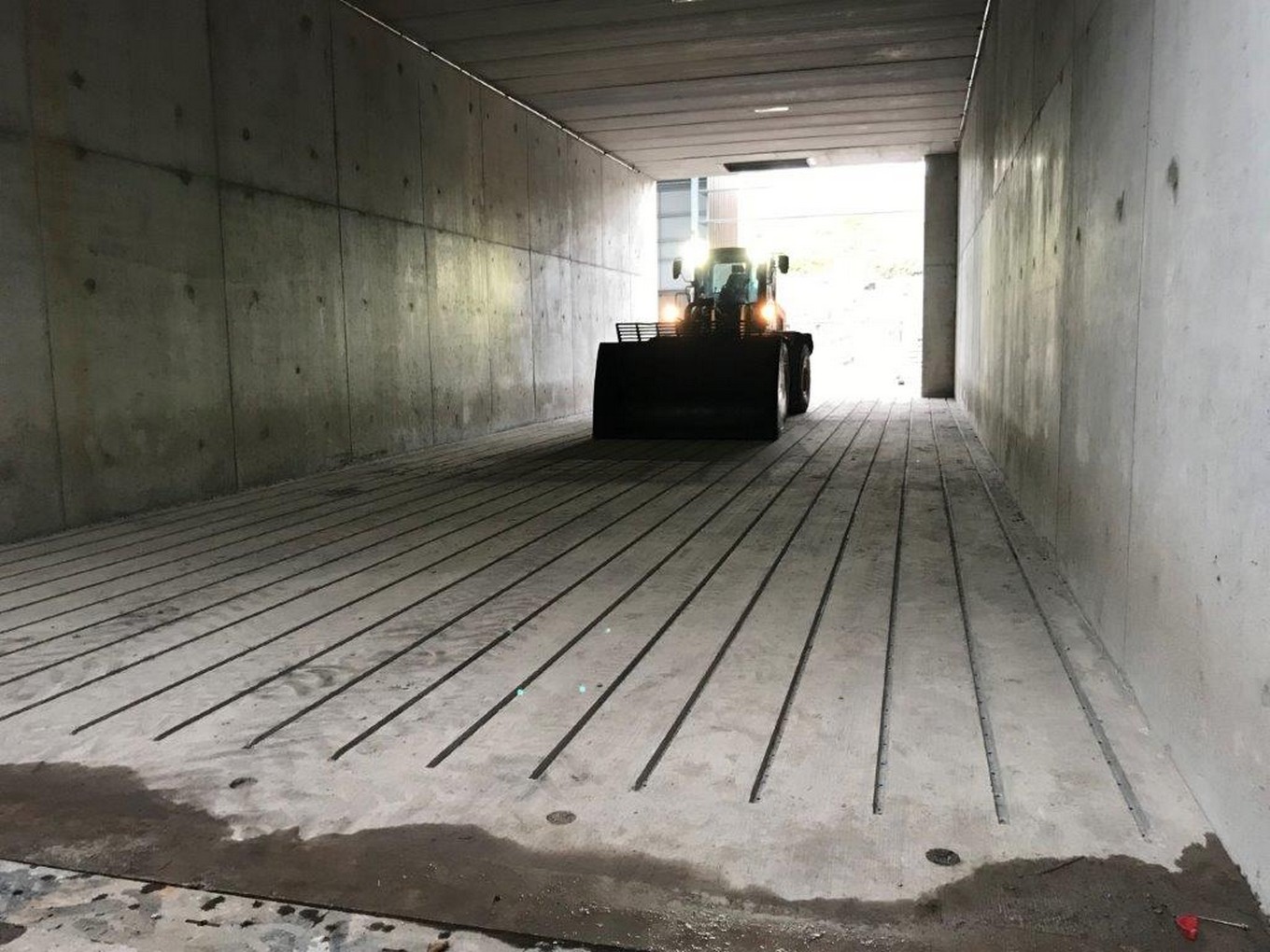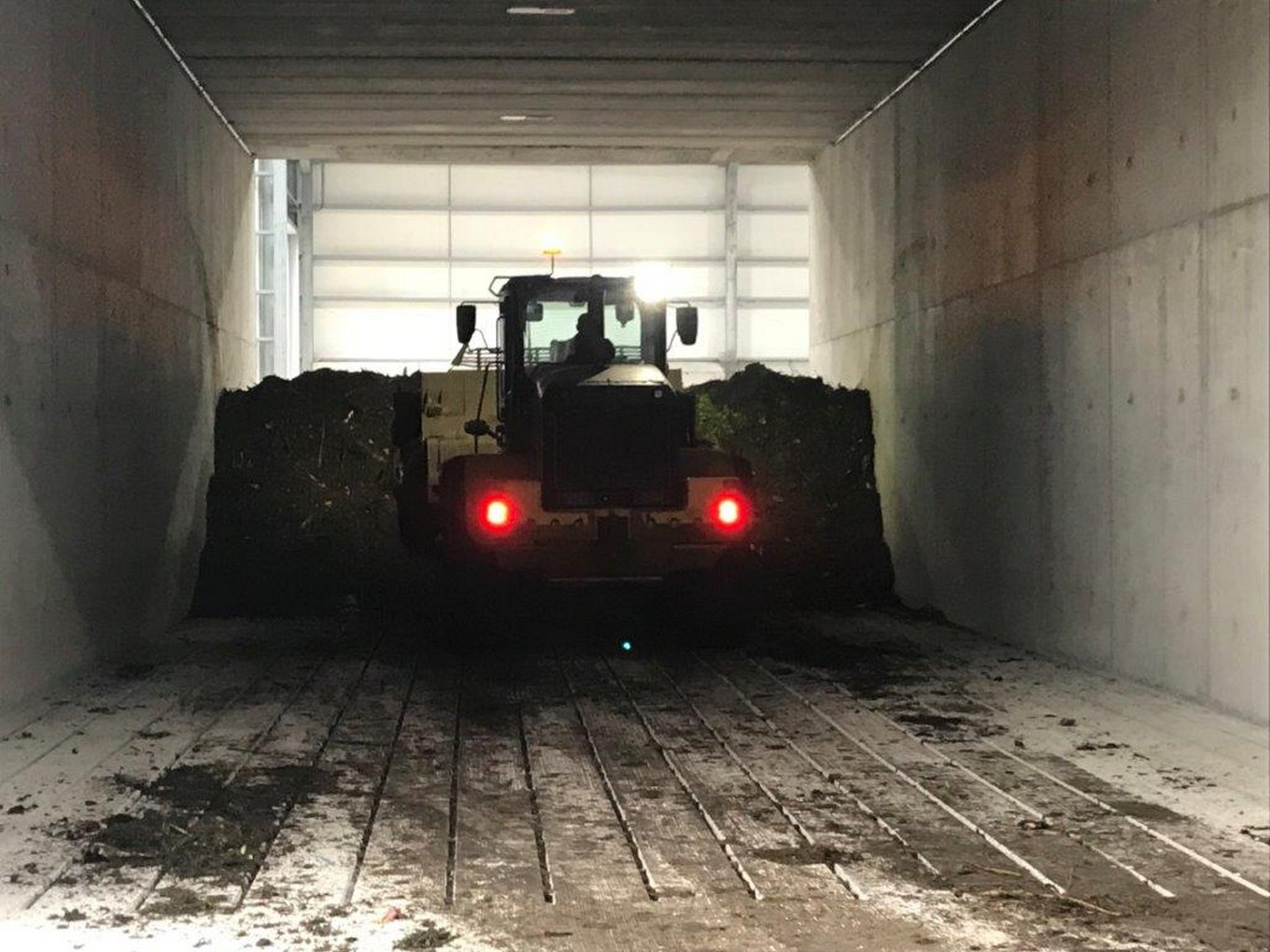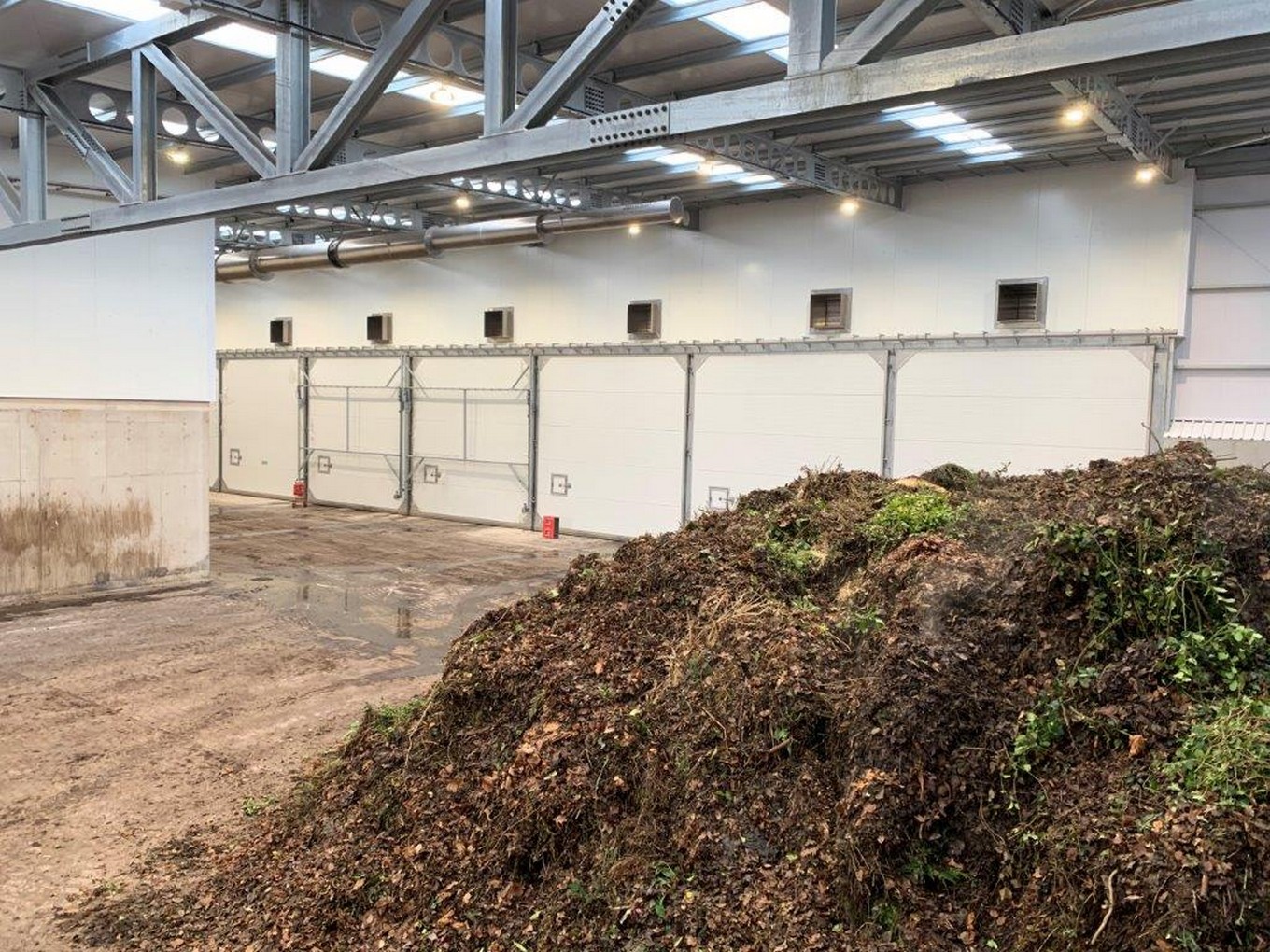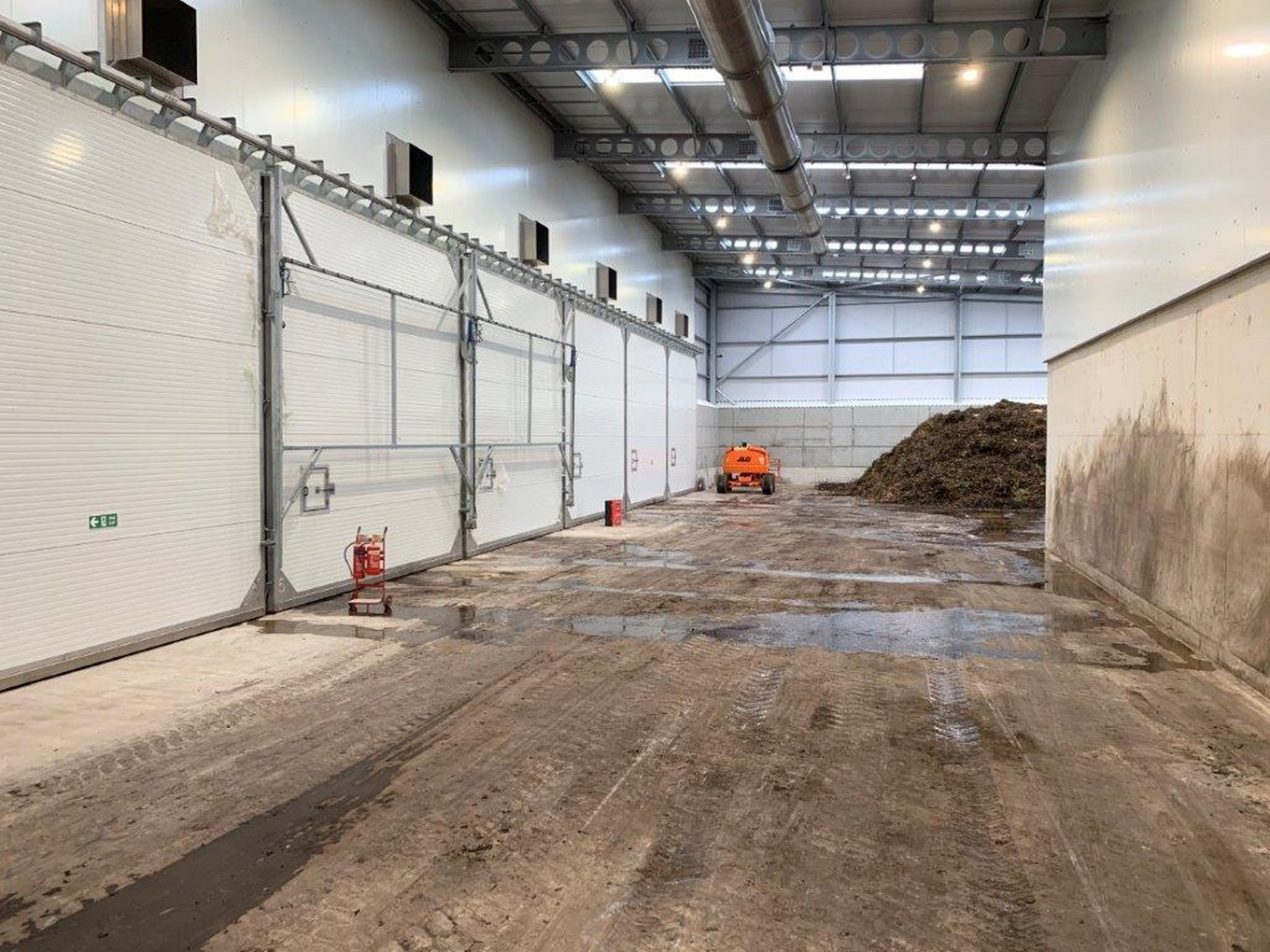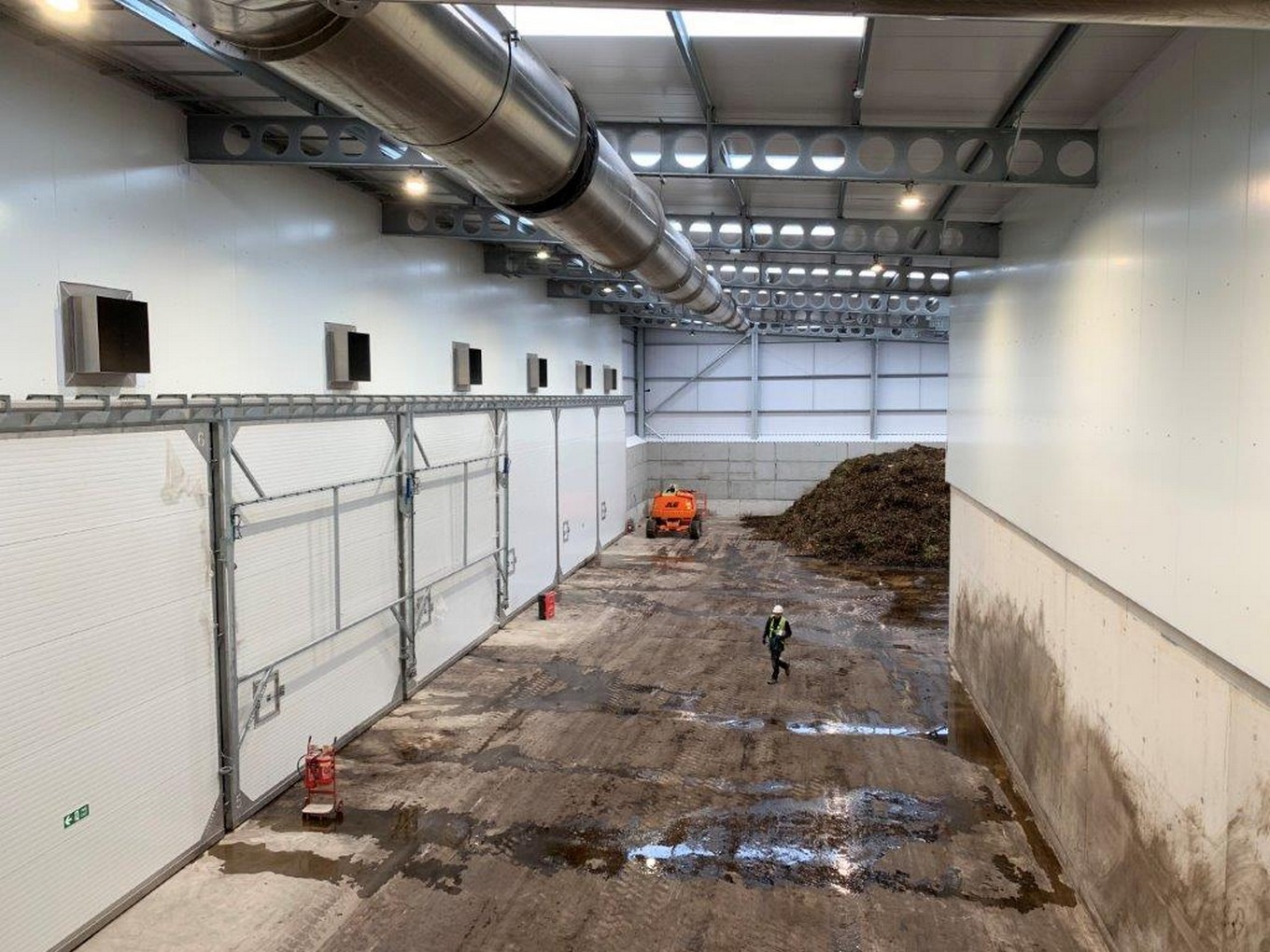This technology is a sustainable method of managing organic waste. It involves processing the waste in a closed container, which accelerates the decomposition process. Through using closed concrete vessels with aerated floors that supply constant oxygen, microorganisms break down the organic waste into high quality, nutrient-rich compost.
In-vessel composting is particularly useful for producing high quality compost for agriculture and horticulture. It is also useful for managing organic waste in urban areas where space is limited, and odour and pest control are critical.
This technology has numerous
uses, including:
- 01
Waste Reduction: In-vessel composting technology reduces the amount of organic waste that goes to landfills, which helps to reduce methane gas emissions and landfill space requirements.
- 02
Soil Improvement: The compost produced through in-vessel composting technology can be used to improve soil health and fertility, which can lead to increased crop yields.
- 03
Energy Generation: Prior to the aerated phase in this technology, the organic matter degradation process without the supply of air can also generate biogas, which can be used as a renewable energy source.
- 04
Water Conservation: Leachate generated during the compost process can be locked back into the product. Applying that product in land for agricultural use can help to retain moisture in soil, furthermore reducing the need for irrigation.
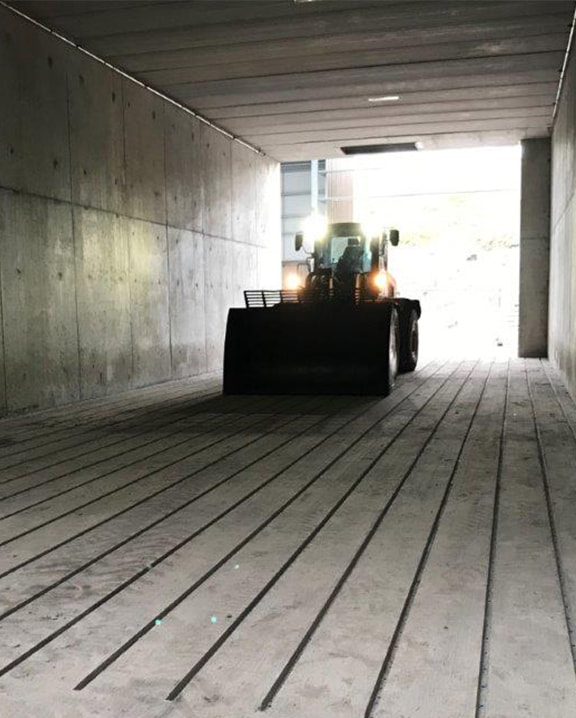
Overall, in-vessel composting technology is a versatile and sustainable method of managing organic waste that has numerous benefits for the environment, agriculture, and energy production.

